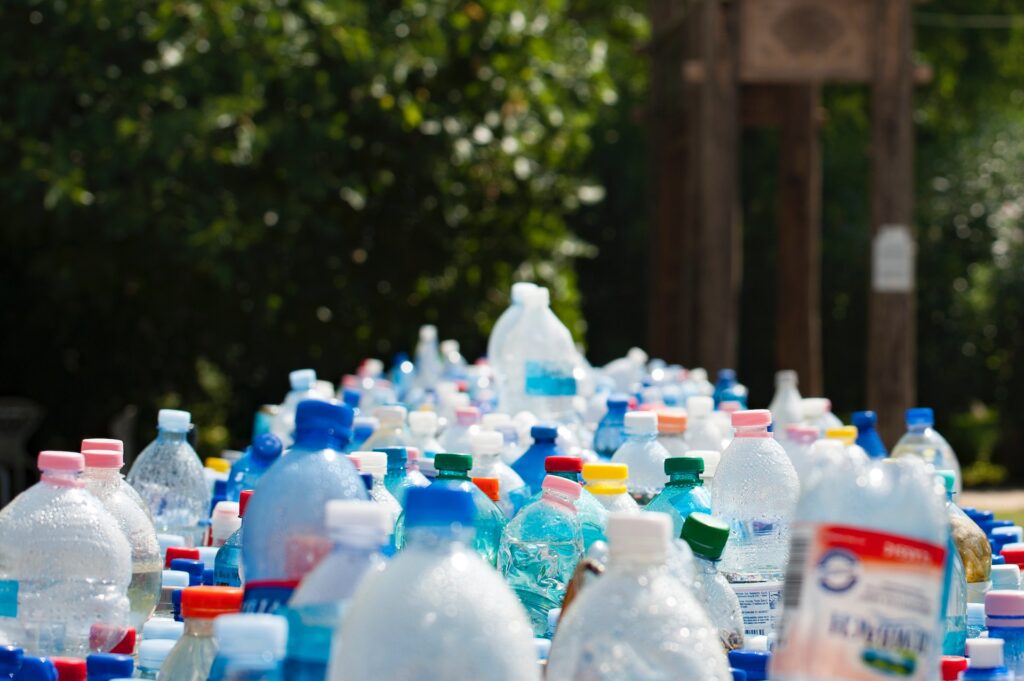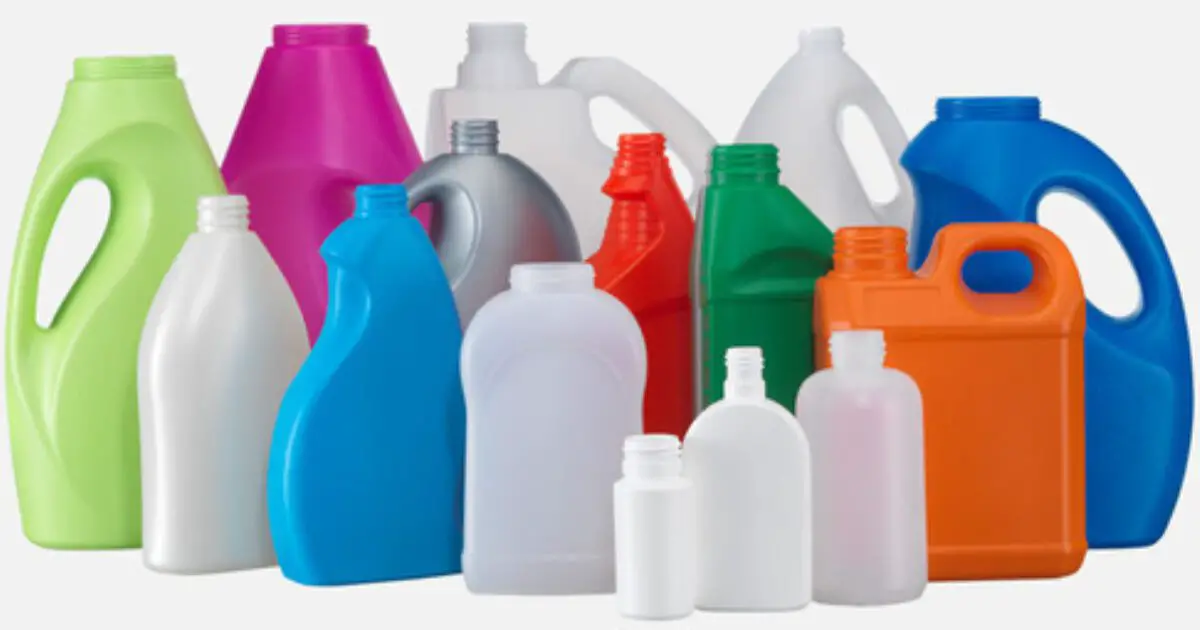Recycling, including recycling plastic and cans plays a crucial role in reducing waste, conserving resources, and mitigating the environmental impact of plastic and aluminum cans.
To maximize the benefits of recycling, it is important to follow proper recycling practices. This article outlines essential guidelines for recycling plastic and cans, highlighting key steps to ensure effective and responsible recycling.
How is plastic disposed of ? Plastic is typically disposed of through recycling, landfilling, or incineration. Is epoxy plastic? Epoxy is a type of plastic. How to melt plastic for molding, heat it to its melting point using appropriate equipment. Can you see plastic on x ray? Plastic can sometimes be visible on an X-ray, depending on its density and composition.
Proper Ways for Recycling Plastic and Cans

1. Check Local Recycling Guidelines
Before recycling plastic and cans, familiarize yourself with the specific guidelines provided by your local recycling program or municipality.
These guidelines may vary depending on the area and the types of materials accepted. Understanding the rules will help you sort and prepare your recyclables correctly.
2. Clean and Rinse Containers
To avoid contamination and maintain the quality of recyclables, it is essential to clean and rinse plastic bottles, cans, and containers before recycling them.
Rinse containers with water to remove any leftover contents, ensuring they are free from food residues or liquids. This step prevents the contamination of other recyclable materials during the sorting and recycling process.
3. Separate Materials
Separating different types of plastics and cans is crucial for efficient recycling. Sort your recyclables into separate bins or bags based on their material types.
Plastics are often labeled with recycling codes that indicate their resin identification number (RIN). Sorting plastics by RIN enables recyclers to process them more effectively.
4. Flatten Containers
Flattening plastic bottles and cans helps optimize space during transportation and processing. Crush plastic bottles and flatten aluminum cans to save storage space, allowing for more efficient recycling collection and reducing energy consumption during transportation.
5. Remove Caps and Lids
Before recycling plastic bottles, it is recommended to remove their caps or lids. Caps are often made from a different type of plastic than the bottles and may not be accepted by recycling facilities. To ensure proper recycling, discard caps or lids in the appropriate waste stream or consult local guidelines for specific instructions.
6. Recycle Bottle Caps Separately
In some recycling programs, plastic bottle caps can be recycled separately. If your local recycling guidelines permit it, collect and store bottle caps separately, as they can be recycled into other plastic products.
However, always check with local authorities to confirm the proper disposal method for bottle caps in your area.
7. Avoid Tangling or Binding
Prevent tangling or binding of plastic bags or materials, as they can disrupt the recycling process and cause machinery malfunctions.
Keep plastic bags separate from other recyclables, as they require special handling and are often recycled through separate collection systems at grocery stores or designated drop-off points.
Read Also: Complete Waste Management For Restaurants
8. Educate Yourself on Non-Recyclable Items
Be aware of non-recyclable plastic and can items to prevent contaminating the recycling stream. Items such as plastic straws, styrofoam containers, and metallic plastic film are typically not accepted in curbside recycling programs.
Research local guidelines or contact recycling centers to learn about specific materials that should be disposed of separately or in appropriate waste streams.
9. Utilize Recycling Collection Programs
Take advantage of recycling collection programs provided by your municipality or local recycling centers. Many communities offer curbside pickup for recyclables, making it convenient to dispose of plastic and cans.
Follow the designated collection schedule and place your sorted recyclables in the appropriate bins or containers provided.
10. Seek Out Recycling Drop-off Locations
In areas where curbside recycling is not available or for specific materials that require separate handling, seek out recycling drop-off locations.
These may include recycling centers, local businesses, or designated collection points for items like plastic bags or aluminum cans. Research and locate these facilities to ensure your recyclables are properly disposed of.
11. Consider Plastic and Can Alternatives
Reducing overall plastic and can consumption is an effective way to minimize waste. Whenever possible, opt for reusable alternatives such as stainless steel water bottles, glass containers, or cloth shopping bags.
By choosing sustainable options, you can decrease the demand for single-use plastics and cans, ultimately reducing the environmental impact.
12. Educate Others
Spread awareness about proper recycling practices to family, friends, and colleagues. Share the knowledge and guidelines outlined in this article, encouraging others to adopt responsible recycling habits.
By educating and inspiring those around you, you can contribute to a more sustainable and environmentally conscious community.
13. Support Recycled Products
Encourage the demand for recycled products by actively seeking and purchasing items made from recycled plastic or aluminum. Many companies now offer products made from recycled materials, ranging from packaging to household items.
By supporting these products, you help create a market for recycled materials and contribute to a circular economy.
14. Stay Updated on Recycling Innovations
Keep yourself informed about advancements in recycling technologies and innovations. The field of recycling is constantly evolving, with new methods and processes being developed to improve efficiency and effectiveness.
Stay updated on these developments through reputable sources, enabling you to adapt your recycling practices accordingly.
Read Also: How To Manage Byproducts Of Fossil Fuels Properly
15. Advocate for Improved Recycling Infrastructure
Advocate for improved recycling infrastructure and policies within your community.
Engage with local government officials, community organizations, and environmental groups to voice your support for initiatives that enhance recycling programs, increase accessibility, and promote sustainable waste management practices.
By working collectively, we can drive positive change and create a more sustainable future.
16. Engage in Plastic and Can Reduction Campaigns
Participate in campaigns and initiatives aimed at reducing the use of plastic and aluminum cans. These campaigns often promote alternatives, such as reusable containers and packaging, and encourage individuals and businesses to adopt sustainable practices.
By getting involved, you contribute to raising awareness and driving positive change in consumption patterns.
17. Support Extended Producer Responsibility
Advocate for extended producer responsibility (EPR) policies that hold manufacturers accountable for the lifecycle of their products.
EPR programs promote the proper management and recycling of plastic and can waste by placing the responsibility on the producers to finance and organize recycling initiatives. Supporting EPR legislation helps create a more sustainable and circular economy.
18. Compost Organic Waste
Separate and compost organic waste, such as food scraps and yard trimmings. By diverting organic waste from landfills, you not only reduce overall waste but also support the production of nutrient-rich compost.
Compost can be used to enrich soil, reducing the need for synthetic fertilizers and closing the loop in the recycling process.
19. Reduce Contamination
Ensure that your plastic and can recyclables are free from contamination. Avoid placing non-recyclable items in recycling bins, as they can compromise the quality of the collected materials.
Common contaminants include food waste, liquids, and non-recyclable plastics. Proper sorting and cleaning of recyclables help maintain the integrity of the recycling stream.
20. Stay Informed and Adapt
Stay informed about the latest developments and advancements in recycling practices. As technology and processes evolve, new opportunities for recycling plastic and cans may arise. Stay open to adapting your recycling habits to align with best practices and guidelines endorsed by environmental experts and recycling organizations.
21. Teach Children About Recycling
Instill the importance of recycling in younger generations by teaching children about proper recycling practices. Engage them in sorting recyclables, explaining the significance of recycling, and encouraging their participation in community clean-up events.
By raising environmentally conscious individuals, we ensure a sustainable future.
22. Embrace a Circular Economy Mindset
Shift towards a circular economy mindset, which aims to minimize waste and keep materials in circulation for as long as possible. Embrace concepts such as reduce, reuse, and recycle in your daily life.
Prioritize sustainable choices and support businesses that incorporate circular economy principles into their operations. Proper recycling of plastic and cans requires ongoing commitment and awareness.
By actively participating in recycling programs, supporting initiatives that promote sustainable practices, reducing consumption, and educating others, we can contribute to a more effective and responsible recycling system.
Let us embrace our role as environmental stewards and work collectively to preserve our planet for future generations.
Properly recycling plastic and cans is crucial for minimizing waste and protecting the environment. By following these guidelines, you can contribute to efficient recycling practices. Remember to check local recycling guidelines, clean and separate materials, flatten containers, and remove caps and lids when necessary.
Educate yourself on non-recyclable items and make informed choices to ensure the success of recycling efforts in your community. Together, we can make a significant positive impact on our planet through responsible recycling practices.
Proper recycling of plastic and cans requires a combination of individual actions and community-wide efforts. By implementing these guidelines and incorporating responsible recycling practices into our daily lives, we can make a significant impact in reducing waste, conserving resources, and protecting our environment. Let us take responsibility for our actions and work together to build a more sustainable future for generations to come.
Read Also: Reasons Why You Should Stop Drinking Alkaline Drinks

